In her welcome address, Ms Travlou, Conference Organiser, IEEE SA Ambassador for Maritime Affairs, Concept Founder & Secretary General, AI IA NPO (non-profit organization), Founder & Managing Director, Slide2Open Communications, thanked participants and noted that this year’s conference, which comes at a heavily emotional time for Greece, further promotes the dialogue between stakeholders.
Mr Angelos Roupas Pantaleon, Conference Chair and Founder of Second Wind & Partners, introduced a new idea, that of a mascot: a black swan. Shipping has sailed along the black swans of the pandemic, the war of Ukraine, natural disasters. Shipping manages to sail alongside black swans through troubled waters.
The Conference presenter, journalist Ms Irene Nikolopoulos, welcomed participants and noted the value added of Shipping to society.
In the first keynote presentation, “Harnessing the Potential of IEEE: Leveraging cutting-edge Research, Innovation, Standards and Technology to tackle some of the most pressing challenges facing the Maritime Industry today”, Dr Ing. Konstantinos Karachalios, Managing Director, IEEE SA Standards Association & Member of IEEE Management Council, introduced IEEE, a huge ecosystem of knowledge, which can be beneficial to shipping. More specifically, maritime-related activities range from the Recommended Practice for Electrical Installations Shipboard to resilient port networks and achieving compliance to 2030 climate targets. Holistic frameworks, interoperability and consensus among stakeholders are required. IEEE SA wants to engage more intensively to the area of Shipping and this can be done through (a) optimizing existing practices, (b) decarbonizing oceanic transportation and, in a less engineering sector, (c) enabling regulation.
In the panel discussion that followed, moderated by Ms Travlou, Mr Leonidas Dimitriadis-Evgenidis, IMO Ambassator in Greece and President of the Eugenides Foundation, Dr Ing. Konstantinos Karachalios, Managind Director, IEEE SA Standards Association and Member of the IEEE Management Council, Mr Manolis Koutoulakis, Secretary General of the Aegean and Island Policy of the Ministry of Maritime Affairs and Insular Policy, Dr George Pateras, President of the Hellenic Chamber of Shipping and Deputy Chairman of Contships Management Inc., Prof. Costas Synolakis, President of the Athens College, Member of the Academy of Athens, Member of the National Academy of Engineering and Professor of the University of Southern California and Mr Vassilios Terzis, Managing Director of Queensway Navigation and First Vice President of Hellenic Shortsea Shipowners Association discussed on “Re-thinking strategies, re-charting the course”. More specifically, the moderator noted that voices are heard on the need to change and asked the panelists: Can we expect to see technologies to emerge soon enough that would give an integral boost to shipping? Are the regulations proactive? Can they be attained?
First Mr Koutoulakis, representing the Prime Minister and the Minister of Maritime Affairs, noted the importance of shipping, especially during the past 3 years. He stressed that we Greeks are proud of our shipping and gave an overview of Greek shipping. People outside the shipping community sometimes ignore its role. As a first step, we have to inform our societies on the importance of shipping nationally and globally.
Prof. Costas Synolakis noted that 90% of the world trade goes through shipping, which is a huge contribution to global trade. Global emission goals have been well-thought of for all industries and the aim is to limit the greenhouse effect before reaching tipping points. As far as shipping is concerned, the current 3% fraction to global emissions is likely to rise to e.g. 10%-13% of global emissions.
Mr Manolis Koutoulakis outlined the three fundamental aspects namely Green Energy, Better Regulation, Better Knowledge – and Better Funding. He gave the example of the passenger shipping industry, which is not directly linked to global shipping and is absolutely linked to insularity. Decarbonisation, resilience, renewal of fleet, ESG, mobilizing investment, always in cooperation with stakeholders. The technological factor though is still unclear. The role of the Ministry is to facilitate, not to patronize, to keep an open dialogue with the industry and always be aware of the global environment.
Dr Ing. Konstantinos Karachalios noted that there exist solutions, but new ones are needed and the same applies to interoperability. He stressed the role of IEEE in setting standards, being an international, trusted, independent body. Standards for IEEE SA are facilitating the industry, by setting the technical specifications to help achieve the goals. Organising ports may also offer solutions, in other words solutions may not only be of a technical nature.
Dr George D. Pateras gave the example of the car industry, which is not required to reduce its carbon footprint. Shipping has to come up with new technologies and new fuels! In passenger ships, they decided to go Green and opted for hydrogen. From coal to oil, it took 8-10 years. Now we have 15 years and this is because the alternative does not yet exist. There is a huge hype about the environment, but greenwashing is also at play. If we keep on burning the fuel that we currently burn more effectively, we may achieve lower emissions. Realism and political agreement are necessary to achieve the goals. Optimising the routing of ferryboats has brought about very positive results (10% saving in fuel!).
Mr Vassilios Terzis agreed with Dr Pateras and explained that in the shortsea shipping, electricity is an environment friendly solution. Battery vessels and port facilities are also discussed, but nothing is really done, apart from 2 battery filling stations in Rotterdam. Everything will have to be different by 2050, but realism is missing. IMO needs a lot of good advisors, because it has a critical role, but does not help the shipping industry. It is the leader, without giving any direction or solution on what to be done.
Mr Leonidas Dimitriadis-Evgenidis stressed the importance of the human factor. Greek shipping accounts for more than half EU deadweight. But in terms of people, we need more, both onboard and ashore (at least another 10000 officers). We are a maritime nation and very proactive in order to enhance the system. In Europe there is lack of excellency in skills and this also applies to Greece and shipping. Many young people want to attend universities in Greece leading to careers ashore, but there is lack of seafaring personnel.
Prof. Synolakis intervened asking about market forces. Mr Evgenidis replied that improvement is needed in the way to attract more people in the maritime profession. Regulation is a huge deal-breaker for interested persons (e.g. criminalizing the crew in case of pollution). Dr Pateras explained that crews can be excellent and efficient, but how can one train the crews if there is not one fuel for the world and train the personnel to run this technology? He also noted that Greece is ahead of the curve and is investing millions in research to this respect. Defragmantation of projects and responsibilities at EU and international level poses only obstacles.
The second panel discussion, “What will it take to bring shipping finance back to its roots”, was moderated by Mr Angelos Roupas Pantaleon who asked about the regulatory framework for banks, on the occasion of the recent bank run.
Mr Bart Veldhuizen, Founder, Aquarius Maritime Capital Ltd, replied that he never expected another bank run and noted that probably the regulatory bodies in the US eased up their oversight on smaller institutions. In the past, the regulatory pressure on banks was enormous.
Mr Konstantinos Petropoulos, General Manager, Head of Shipping and Structured Finance at Piraeus Bank said that, after last week’s events, maybe we do not have enough regulation! We do not yet know the impact of recent events. Their bank is deeply regulated, but he feels that this helps them involve. The shipping finance segment of banks is now smaller than what it used to be 10 years ago. As regards sustainability, he noted that it is very high on the bank’s agenda.
Mr Vasilis Papagiannopoulos, Director of Common Progress Co. Na Ltd, sees that there is reciprocity and very good service from their bankers. Regulation is a very interesting topic, as one cannot regulate everything, not everything is black or white. Shipping is based on relationship banking, maybe not as it was in the ‘80s, but good support from bankers has helped Greek shipping flourish, and this is still there to a large extent. He believes that there is always room for bank executives who know the business to support new companies that are hard to find financing. The question of “who finances the ships” is not irrelevant for Europe, as it has much to gain from a big industry, very important in terms of supply chains and resilience. Therefore, there is not only a business side, but also a political side of ship financing.
Mr Nicholas Petrakakos, Managing Partner, Alantra, noted that the regulatory framework has allowed the emergence of credit funds and leasing in shipping. This type of fund is more sophisticated and less regulated. For Greek shipping, transition to private capital approach has been slow, to the benefit of banks. Therefore, relationship banking is helpful, but may not drive innovation in financing, as alternative financing does.
The third panel started immediately afterwards and focused on “Sustainable Development in Shipping – Best Practices”. The panel moderator, Ms Katerina Stathopoulou, Principle Organizer of the ESG Shipping Awards, Executive Director, Investments & Finance Ltd, Governor, International Propeller Club, Port of Piraeus, introduced the panelists, and asked them how is the industry practicing sustainability.
Mr Vasileios Petousis, Energy & Sustainability Officer, Seanergy Maritime Holdings Corp. answered that sustainability is very complex for shipping, as it lies on various stakeholders. Therefore, being sustainable does not depend on the one player, nor on the existence of tools: better coordination among stakeholders is necessary to achieve sustainability. The material issues of ESG have been an issue of a materiality assessment they conducting. For “E” he gave the preservation of the natural environment, for “S” the social responsibility towards the crews and for “G” transparency throughout the entire process and accountability.
Mr Christos Matsikoudis, Area Sales Manager EastMed, Wärtsilä Voyage, explained that complying to regulations depends on time, how fast is the industry going to adapt and trust. He gave the acronym VUCA: volatility uncertainty complexity and ambiguity, which he believes that applies to ESG. It makes business sense to invest in a company that respects ESG and they try to develop greenfield technology.
Ms Helena Athoussaki, Head of ESG, Sustainability & Climate Change, Motor Oil Group, ESG Manager of the Year 2022, Principle Organizer of the ESG Shipping Awards, said that ESG is a challenge. Stakeholders put a lot of pressure on the fuel industry, alternative fuels are needed, in order for other stakeholders to adapt to their regulatory requirements. She noted that when ESG is integrated in a company, this helps addressing risk management and finding opportunities. What are the issues that can affect a company? In explaining the importance of ESGs, she noted material issues, namely for “E” greenhouse gases, for “S” health and safety and for “G” transparency.
Mr Konstantinos Oikonomou, CEO, Marine Tours Group of Companies, explained that travel has a very serious environmental footprint and agreed that integrated ESG into their operations is a challenge, noting that it is not something that comes cheap. Systems are in place that help the shipping to better manage their travel. The Greek shipping community will once again be a pioneer. As for the most important aspect of ESG, he noted for “E” sustainability and energy efficiency, for “S” the employee relations, safety, gender representation and for “G” transparency and corruption.
Ms Elisabeth Calbari, Neuropsychologist, Executive Leadership Consultant and Founder of Self-Balance engaged in a most interesting conversation with Mr Makram Daouk, Business Director of Crossworld Marine and Ms Maria Korkontzelou, Crew Manager of Seanergy Maritime Holdings Corp. on “Human Sustainability of Crews and Offshore Managers in the Maritime Industry”. More specifically Ms Calbari stressed the importance of the human element onboard and ashore. In terms of challenges, Ms Korkontzelou noted to achieve human sustainability and this is done through empowerment and training in leadership, soft skills, communication skills of multinational seamen and the company personnel. Mr Daouk stressed that nowadays very specific skills are required, the world fleet is increasing, the demand is huge, responsibility is much higher and less people now go to ships. Discussants agreed that cheap crews have hidden costs, as in the long run the gap will widen. Investment in people is necessary. Training courses have to be adjusted to the training needs of the personnel, and this is another challenge. Mobility and adaptability of crew is necessary. According to Ms Korkontzelou, proactive thinking to sustainability requires 24/7 mental health support to crew members. Mr Daouk noted that there is training for crew members that is focusing on mental health. Social media help crew members feel connected, but they also pose a cybersecurity threat, while they also tend to reduce in-person connection among crew members in the mess room. A healthy worker, happy and proud for his/her work, can only benefit the company and the industry.
The fourth panel of the day came in the form of the AMMITEC Open Forum on “Autonomous Shipping – Balancing the benefits against safety and security concerns”. Moderator Dr Matthew Maheras, CIO, Metrostar Management Corp. Vice President of the BoD, A.M.M.I.T.E.C. introduced the panelists, Mr Michalis Michaloliakos Phd, MSc, Head of ICT & Cyber Security Services, TMS Cardiff Gas Ltd Mr Frank Palaiokrassas, Head of Data Governance & Analytics, Bernhard Schulte Shipmanagement, Mrs Katerina Raptaki, Digital Transformation, Cyber Security and e-Governance specialist, Navios Group of Companies, Member of the BoD, A.M.M.I.T.E.C. discussed on the feasibility and commercial use of autonomous ships, their impact on the environment, the potential costs to the industry and the effects on personnel, both on board and ashore. More specifically, Dr Maheras noted that 2022 was a landmark for autonomous shipping with an autonomous crossing of the Atlantic. Obviously technology is here and regulations are evolving fast. Is large-scale autonomous shipping going to happen soon? “Can AI navigate ships in open sea today?” ChatGPT was asked this question and answered “yes, …. however this is yet relatively rare”.
Mr Frank Palaiokrassas replied that up to now there has been slow progress in autonomous shipping and they have initiated 2 projects to this respect. They do see some headway, but private initiative is necessary. The holy grail of autonomous navigation does not have all the answers yet. Shipping companies nowadays run on data and the IT department has come to the heart of shipping companies.
Mr Michalis Michaloliakos noted that shipping industry is not technology oriented. However technology is here for shipping and collaboration between different stakeholders is required. Some functions are being decentralized, autonomous does not mean unmanned, the human element is always important. Technology is here, it provides solutions, but are we secure?
Mrs Katerina Raptaki added that we need to spend a lot of time to discuss with the community about the advantages and disadvantages with autonomous shipping. Financial benefits, better performance, safety considerations are important. The recent covid pandemic showed that global trade could continue through autonomous ships, but the human element, cybersecurity and regulatory issues should be considered.
In her greeting speech, Ms Eirini Veniamis Mangos, Vice President, ICC Women Hellas, Director, Golden Union Shipping, noted that members of ICC come from different industries, aiming at the positive reinforcement of women. All members can offer their expertise, gained by their experience, to the benefit of all. It is essential that more and more women are integrated into shipping, not only ashore, but also onboard.
Ms Irene Nikolopoulou and Mr Angelos Roupas Pantaleon discussed with Mr Harry Vafias, Founder and CEO of Stealthgas Inc, Founder and CEO of Imperial Petroleum Inc., on “Dragon Seeds. Start-ups and successful pitching”. The first question to Mr Vafias was how to convince people, especially financiers, on a new business venture. Life is a non-stop pitch, a non-stop negotiation for Mr Vafias, and this applies to everything and every relationship. Persistence, timing, luck, good knowledge of the sector, negotiation skills are required. How does a young entrepreneur convince others? In the UK the attitude was different from that in the US. In the US they were excited by his age, once the project was solid, they had no problem investing in his project. He puts emphasis on the way a project is presented and the character shown by the entrepreneur. In shipping most owners are not very keen on technology, which also applies to Mr Vafias, as he prefers tangible products. As for the current juncture, he believes that shipping is now in a transition phase. A secret to his success is that he never gave up, he fought for his ideas, he closed his ears and moved ahead.
Dr Konstantinos Papapanagiotou, Senior Manager, Cyber Security Solutions, OTE Group presented “Cybersecurity can be easy”. He started by ransomware, which is not something new or very sophisticated, and quite easy to defend against it, moved to system hacking and then to the cloud, which is also another consideration. A cybersecurity strategy is required in any case and, in the centre of everything, is the user. Different security solutions from different users come out every year and the best solution for a business that wishes to be protected against cyberattacks is to trust one partner, able to provide all solutions.
Ms Nadia Liapi, Director, Govenance, Risk & Compliance Services, Space Hellas, presented “Cybersecurity on board”. She explained that digital transformation is happening, but not at the same speed as cybersecurity and this means that our systems are not well protected. Attacks on shipping rose by 33% and, truth be told, we will most probably be attacked, but what we can do is take measures in order to make such attacks unsuccessful. Systems are getting more sophisticated, more autonomous, therefore cybersecurity is an issue. Realistically, we must identify the risk, protect the ship, detect the occurrence, respond and recover. Old systems are a problem, which are in the same network with the new systems; an attack on the old systems can cause the whole network to fail.
The fifth panel discussion was moderated by Ms Eirini Liadis, ICT Senior Sales Specialist, OTE Group, who discussed “Connected Oceans: Harnessing the Power of Space-based technologies of Operational Excellence” with panelists Mr Yannis Anastasakos, General Manager, Sales and System Integration, Space Hellas, Mr Nikolaos Botinis, Regional Manager, Greece, Cyprus, Malta, Cisco and Mr Ioannis Mavroudis, Member of the BoD, Hellenic Association of Space Technology Industries, Founding Executive and Shareholder, Neuropublic SA and Mr Philip Nielsen, Co-founder or Oriani.
More specifically, Ms Liadis started by asking if space is disruptive.
Mr Yannis Anastasakos replied that space technology is by definition disruptive, bringing competitive advantages and helps businesses improve their market position. Space technology brings a lot of information available to businesses. Meteorology, agriculture, civil protection and ports are among the sectors that can benefit from space technology solutions. If we invest in space technology, we become more competitive.
Mr Nikolaos Botinis explained that space and satellites are developing exponentially. Data need a ground station, and he gave an example of a company that, seeing the growth of this industry, developed a portable antenna that can be installed in vessels (for those that require data processing on the go). New models have emerged. In the next years, new satellites will be launched, which will provide data. Software companies create services to enable businesses to make use of such data. The “connecting world” has become “connecting everything”.
Mr Ioannis Mavroudis noted that the Hellenic Association of Space Industry has 45 active members with more than 2000 employees. Their main priority is a new project, which includes design, manufacture, deploy and launch of micro satellites. After the deployment, they will be able to provide space cybersecurity, connectivity, earth observation, etc. Space technologies are now used in agriculture, urban planning, earth observation and civil protection. Data is valuable, but without technology data is useless. This is the time to use space technology.
Mr Philip Nielsen explained that space technology can be disruptive, because it provides one, truly global communication network from everywhere. This increased hyperconnectivity will have tremendous advantages, including autonomous operations. Satellite technology can make shipping more efficient, and bring about more meaningful operations, enabling real time decision making. He gave the example of SpaceX, which achieved what NASA could not do. There are lessons to be learnt by small teams – they are the ones that drive innovations. Technology nowadays is not about software; it is about connectivity, which now comes from space, and people. In the past captains were wondering what happens below; now they will be wondering what happens above.
In his keynote speech on “The New Geopolitics of Energy, the Energy Transition and Energy Markets”, Dr Alex Papalexopoulos, President and CEO, ECCO International Inc., CEO and Chairman of the Board, ZOME Energy Networks Inc., stressed that the energy sector is in a state fluidity, with many uncertainties in many respects. Globalisation has changed, the new energy landscape has created a new reality. Demand is expected to skyrocket, while new gas will not be available very soon. The losers will clearly be Russia and Europe, the winners will be US gas producers. Russia and China are expected to come closer, while Europe will demand more gas for industry and the threat of deindustrialization is in front of us. The energy transition is relying on renewable energy sources, but there exist cost and supply considerations. Furthermore, new global dependencies are created, e.g. rare minerals from China. Attention should be placed on extreme weather conditions. The emergence of hierarchical energy markets and digitalisation have made the existence of multiple markets possible. Two tremendous market forces are at play: on one part is the consumer market revolution (everything smart) on the other part the policies. From the traditional buildings we are moving to smart communities, which become virtual power plants (VPPs they do not produce energy, but use the usage of the customers) and will compete traditional power plants. Turning to shipping, ports can change dramatically, turning into VPPs to the benefit of all stakeholders.
The sixth panel discussion of the conference, “Paving the Next Steps of Maritime Sustainability: Maturing Electrification and Environmentally Friendly Fuels” was moderated by Professor John Prousalidis, Professor of Marine Electrical Engineering, NTUA, Vice-Chairman, IEEE-MSCC and member, ΙΕΕΕ/EPPC Working Group on Energy, Head of the Industrial Connection Activity Sustainable Maritime of IEEE. After presenting the panelists, namely Mr Dimitris Fourlaris, Vice President at Regulatory Authority for Energy (RAE) Dr John Kokarakis, Technical Director SEEBA Zone, Bureau Veritas, Mr George Loukos, Research and Innovation Director, Hellenic Electricity Distribution Network Operator, Dr Alex Papalexopoulos, President & CEO, ECCO International, Inc., CEO and Chairman of the Board, ZOME Energy Networks, Inc., Mr Spyridon Paschalis, President, Association of Passenger Shipping Companies (SEEN), Chief Executive Officer, Attica Group, Mr Dimitris Spyrou, Consultant, Piraeus Port Authority S.A. Mr Theoharis Terzis, Business Development Manager, Queensway Navigation Co. ltd.
Professor Prousalidis started with “Sustainable Maritime”, an initiative of IEEE and gave an overview of the current field of play. But what is to happen next? Green power sources exist, distribution systems are rather complicated, ship interconnection has proven difficult. Efforts do not stop and have attracted the attention of DG Energy and DG Transportation.
Dr John Kokarakis talked about alternative fuels. It is difficult to make a forecast on what will be the fuel of the future; it will most probably a multi-fuel future, LNG, methanol, biofuels, hydrogen, ammonia, electrification and ethanol among them. Fuel selection criteria depend on green production, storage, availability of bunkering, compulsion, price, etc. Methanol is becoming popular these days, while he predicts that hydrogen will be used more in the future, though it is difficult to store. Methane, ammonia and methanol do not add to emissions. In any case, huge investment is required.
Mr Spyridon Paschalis presented the Association of passenger shipping companies in Greece (servicing some 115 islands) and explained that they also have to comply with new regulations, which are very demanding. Members of the Association are examining different options in terms of fuels, though there does not yet exist one clearly dominant fuel. They are looking for unified protocols of port equipment, interoperability between ports, aligned time plans of installation between ports and vessels, reasonable pricing and taxation of electricity, acceptable investment payback period and electricity to be considered as maritime fuel.
Mr Theoharis Terzis, talked about short sea shipping, which is quite ready to go electric. As a sector, it is very close to the shore and electrifying the vessels is by far the optimal option for the moment. Also, as a solution it has zero noise and zero smell. Financial incentives and port infrastructure are required. An electrical vessel can be built, but will cost 40% more than a conventional vessel. Shipowners have done a lot of research on alternative fuels.
Mr Dimitris Spyrou gave an overview of activities in the port of Piraeus and explained that the port of Piraeus has made steps towards tackling the environmental impact of its activities. The decarbonisation plan of the Piraeus Port Authority also include steps towards alternative fuels (lng supply facility, maritime electricity, green hydrogen and biofuels, the two latter being at a more immature stage). Accompanying measures have also been introduced and work is undergoing in the technical, legal, regulatory and financial area. Bunkering is a great challenge and the Port of Piraeus has cooperated with relevant authorities in order to test different scenarios. The support and cooperation with competent authorities is of major importance.
Mr Dimitris Fourlaris gave the view of RAE on the electrification of ports. Ports must be transformed into energy hubs for ships, which could be fitted with pv panels. Considering the numerous ports in Greece, they work with the National Technical University of Athens to study the needs and requirements. The interconnection of (not yet connected) islands in the Aegean Sea is also undeway – which is a major project. RAE also works with ADMIE, in order to expand the network and establish maritime electrification. As for the years ahead, they work towards elaborating rules to align the electric energy market, always in collaboration with competent entities and stakeholders.
Mr George Loukos discussed the initiatives of HEDNO to support the electrification of the Greek maritime sector. As infrastructure operators, they are serving the whole country, which means they will have to serve all ports as well (and this constitutes one of their strategic goals). Their role is to ensure the supply of electricity to all customers in Greece and enable energy transition. The electricity system is transforming, as demand for green electric energy is rising. They have elaborated a roadmap towards sustainable ports and work is underway.
Dr Alex Papalexopoulos stressed that ports are an excellent case of implementing electrification and environmentally friendly fuels. Of course protocols and availability aspects are necessary to be addressed, the same applies to who owns and who operates the port. In any case, starting small, taking one step at a time is the way ahead. The ease or transition depends on regulatory construct, market rules and pricing policy – price stability is necessary.
Mr Alexander Hadjipateras, SEVP, Dorian LPG (USA, LLC and MD, Dorian LPG Management Corp discussed with Mr Angelos Roupas Pantaleon about the human element in shipping, from the perspective of the younger generation. Mr Hadjipateras noted that over the past three years, the human element has come even more to the foreground. The ship is the floating business of the company and it is essential to instill a sense of ownership. This is achieved through crew loyalty, training and managing structure. One of the most recent challenges they had to face was the co-existence of Russians and Ukrainians on board a vessel. Technology and the human element are bridged together and help improve efficiency. As for shipping cycles, they use time charters, while hedging portfolios, monitoring the market and reacting accordingly. Managing in-house is rewarding while getting hands-on experience is necessary.
On a more friendly note, Mr George Alexandratos, General Manager, Apollonia Lines SA, Vice President, Hellenic Chamber of Shipping, discussed with Mr George Laios, Deputy CEO, Intermodal Group, Vice President B, Association of Banking and Finance Executives of Hellenic Shipping, on how he sees the dry market. He stressed that ship is the cheapest way to transfer cargos, this why it accounts for 90% of world transport, and this will not stop any time soon. Over the past 30 years, we have the shortest order book and for the first time this year and up to 2025 there will be more scrap than incoming new vessels. This gives ground for optimism. As regards ship financing, Mr Alexandratos believes that one needs to know finance. He personally is conservative and this has worked for him up to now. In his experience, it has not been difficult, as a fund, to raise funds from a bank. Easy money is a trap. He believes in the Greek maritime cluster and stressed the need to go together and promote shipping, putting it to the fore.
The final panel discussion of the day, “Capital Markets: Reconnecting the Dots – Reattracting companies and investors”, was moderated by Mr Angelos Roupas Pantaleon, who presented the panelists, namely: Ms Peggy Papastavrou, Listings Director, Athens Stock Exchange, Mr Stavros Gyfrakis, Chief Financial Officer, Seanergy Maritime Holdings Corp., Mr Aristotelis Ninios, CIIA, Vice President at Euroxx Securities SA, Mr Alexis Stephanou, Chief Financial Officer, Goldenport Group, Mr Christos Timagenis, Partner, Timagenis Law Firm and Mr Bart Veldhuizen, Founder, Aquarius Maritime Capital.
Ms Papastavrou presented the Athex Stock Exchange (147 listed stocks, with a market cap of €71 billion). Smaller companies have also managed to raise funds through the Athens Stock Exchange. 3 Greek shipping companies, listed on NASDAQ and NYSE, have issued bonds on the Athens Stock Exchange. Ms Papastavrou explained why it is worth listing on the Athens Stock Exchange and stressed their support to ESG principles. Ms Papastavrou noted that she feels like David against Goliath, and believes that the bond project is a huge victory. She agrees that we cannot compete to the US market. In terms of dual listings, two out of the three companies that made dual listings still have most of their activity in Greece. The third is the one that managed to be included to the major index of that foreign exchange. For US listed companies, if they have a dual listing in Athens, they will get exposure and visibility to a differentiated investor base. The Greek government supports the capital market and we will see listings of shipping companies.
Mr Ninios presented what Athens Exchange did to finance bond issues. 25 bond issues, 20 still trading, with total funds raised amounting to €4.38 billion only from the Greek investors. He explained that there is no question about competing the US market.
Mr Stephanou, in discussing the attractiveness of a stock exchange, explained that with the hindsight one key feature that was attractive at the time of the ipo is that especially on the London stock exchange, investors are predominatly yield oriented, so, given that shipping is a cyclical business, there was considerable dividend in the first years. Stability is required to grow your business.
Mr Timagenis explained that European capital markets are not that attractive, because of legislation that is more restrictive. US listed companies have the opportunity to do overnight offerings. These are fundamental issues, that cannot be solved individually. Also European capital markets have a different philosophy, where rules are preventative, at the end of the day presenting obstacles. We will see equity listings in Greece.
Mr Gyftakis said that when comparing the US to the EU capital markets, one finds more depth in the US – and the figures are incomparable. Retail investors have to be brought to the centre of the narrative. Openness in the capital markets, consistency and continuity in the capital market are necessary.
Mr Veldhuizen said that they would never consider an equity ipo in Europe. US is so vastly deeper and wider that no comparison can be made. He believes that it is realistic and good to keep on building on the bond market. It is unfair to compare Athens to the US.
Mr Konstantinos Delaportas, Chief Executive Officer, Meadway Shipping & Trading Inc. discussed with Mr Alexandros Damianidis, Partner, Assets & Structured Finance Group, Watson Farley & William on the story of Meadway and its presence in different parts of the world (including Singapore and Dubai). They combine ship owning with operating, in order to be close to the cargo. He is proud of their work. The dry sector had some rough patches over the past years. For the years ahead he sees that the fundamentals are strong (supply and demand), China has opened up again and foresees growth, elements that will boost trade. Also we are at the lowest order book, as people do not build new ships. As concerns fleet renewals, he is more pro new builts, as new vessels have new engines, lower operating expenses and less emissions. They prefer to build their ships in Japan, where design is more improved, specifications much better. Also the resale value of a Japanese ship is higher than that of a Chinese and its consumption lower. Turning to fuels, he believes that for the dry bulk sector, it will not be easy to find a good alternative to oil. Finally, as regards shipping finance, he believes that it is easier to find finance than find a ship!
The last discussion of the day was that between Mr Theocharis V. Terzis, Business Development Manager, Queensway Navigation Co. Ltd and Mr John N. Cotzias, Project & Finance, Xclusiv Shipbrokers, President, Hellenic Shipbrokers, who discussed challenges in their company. The market is good and obviously the question is what will happen in terms of environmental compliance. Every trading pattern has its own solution. Electification is a solution for the bunkering segment. For the asphalt market, different solutions are being explored. There is a lot of technology, let’s take one step at the time. The point is what the regulators will do at the end. Many ship owners are ready for the future, but the rest of the stakeholders are not as ready to follow.
As always, the conference came to its close with the most interesting speech of Mr George Tsavliris, Principal of Tsavliris Salvage Group and non-executive Chairman, OneGlobal Broking, Greece and Cyprus. Mr Tsavliris noted that the proceedings of the conference were very interesting he particularly focused on the earlier speakers George Pateras, Harry Vafias, Alexander Hadjipateras, John Kokarakis, Leonidas Evgenidis and George Alexandratos who always gives a punch to any kind of conference. He placed emphasis on the basic idea some of the speakers spoke about, the idea of encouraging the new generation. Let’s not forget the fact that the biggest strength of any country is its next generation Mr Tsavliris said. So, however many issues we have to face in the shipping business which is becoming all the more complex, with uncertainty, the contradictions and the element of hypocrisy which exists in this new technology which is overburdening everybody including legislators themselves, that is part of what our business has become. Being a romantic Greek he finalized by quoting Elytis who mentioned the following beautiful saying: «Εάν αποσυνθέσεις την Ελλάδα, στο τέλος θα απομείνουν μία ελιά, ένα αμπέλι και ένα καράβι»; If you decompose Greece what will remain will be an olive tree, a vineyard and a boat. Which means that these are the elements that you can build Greece from the beginning.


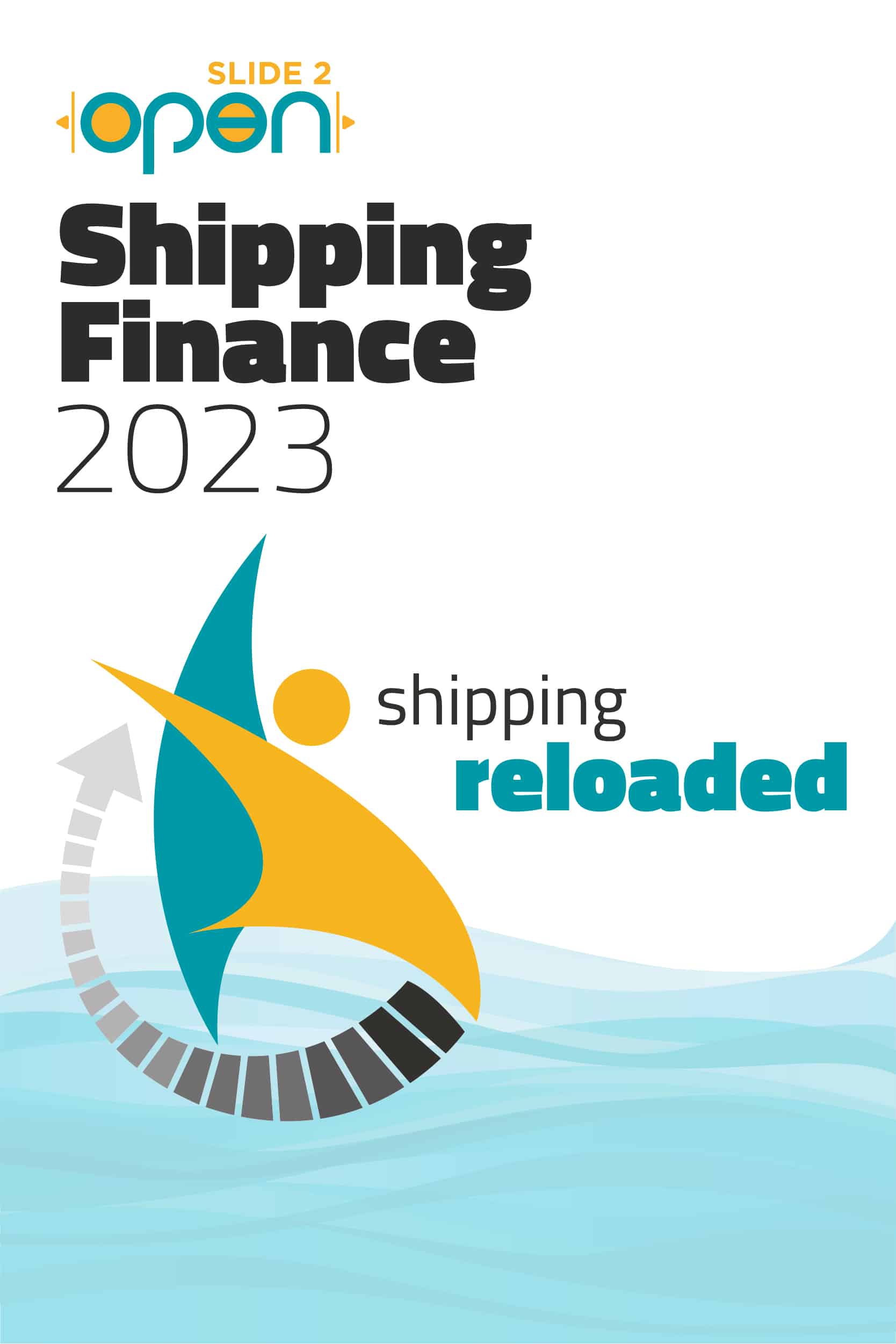
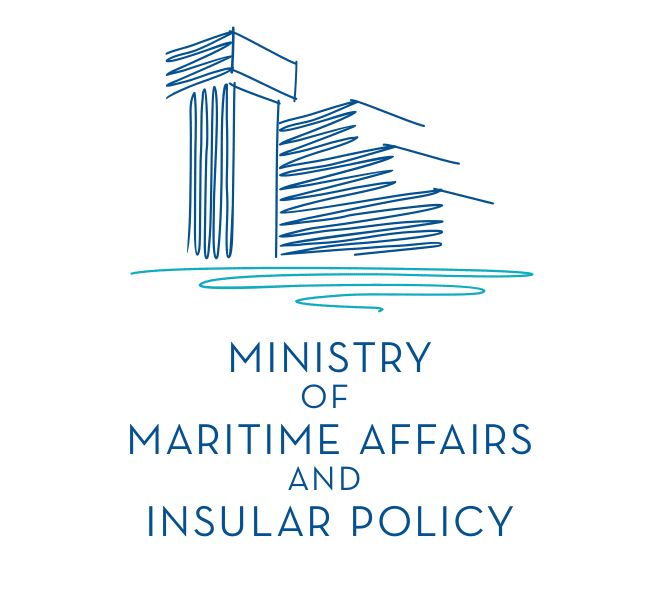
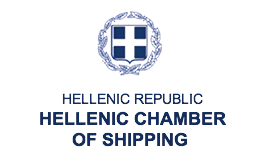
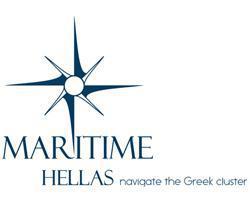
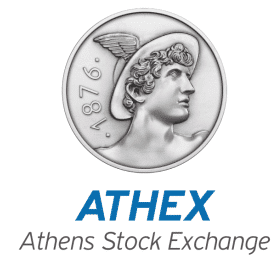
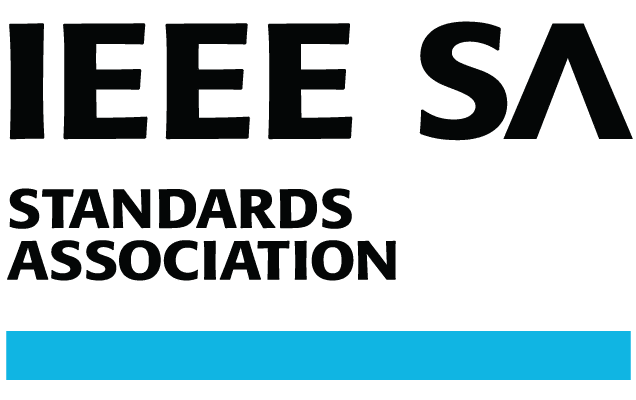

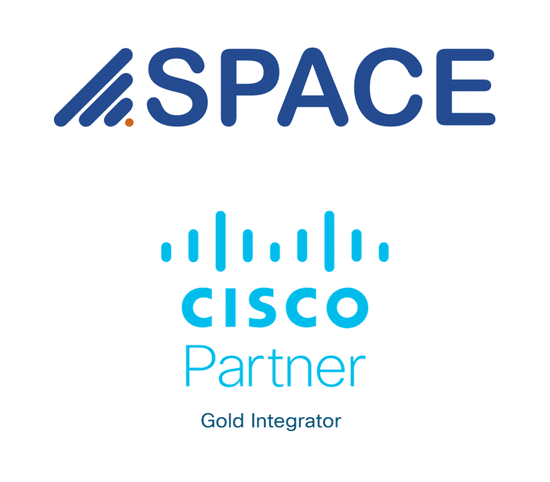


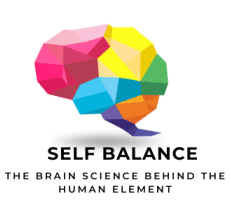
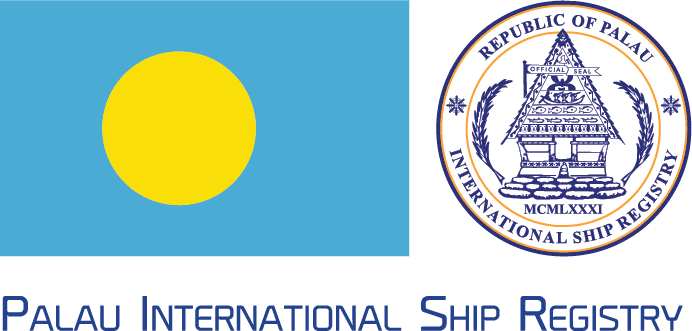
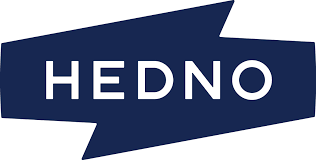
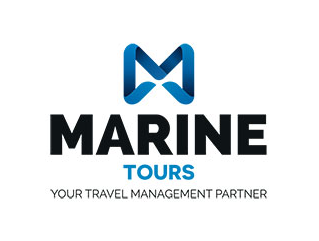
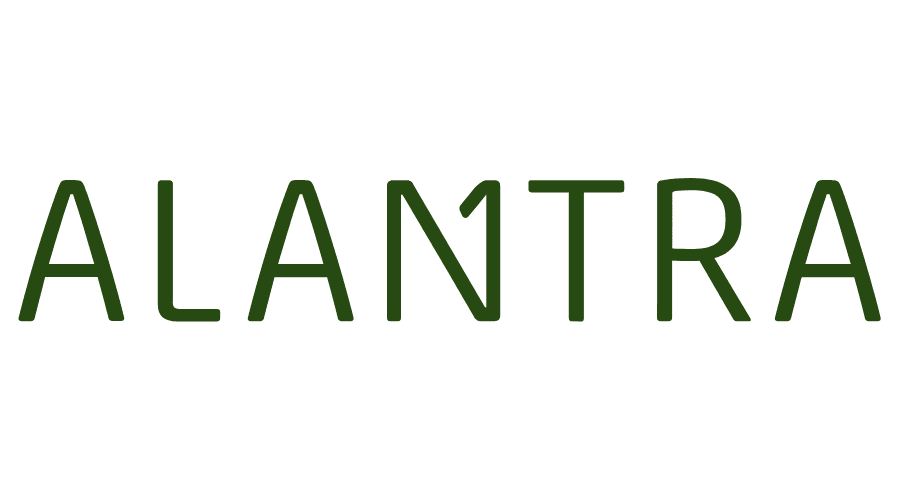
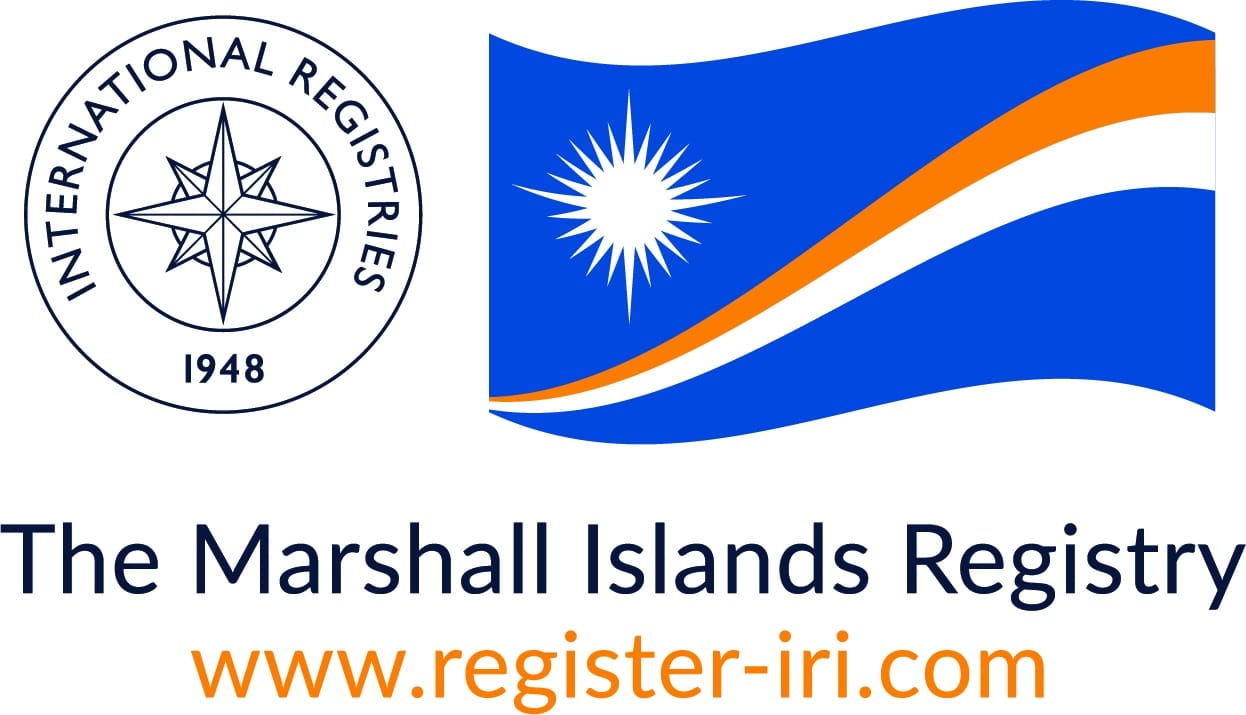

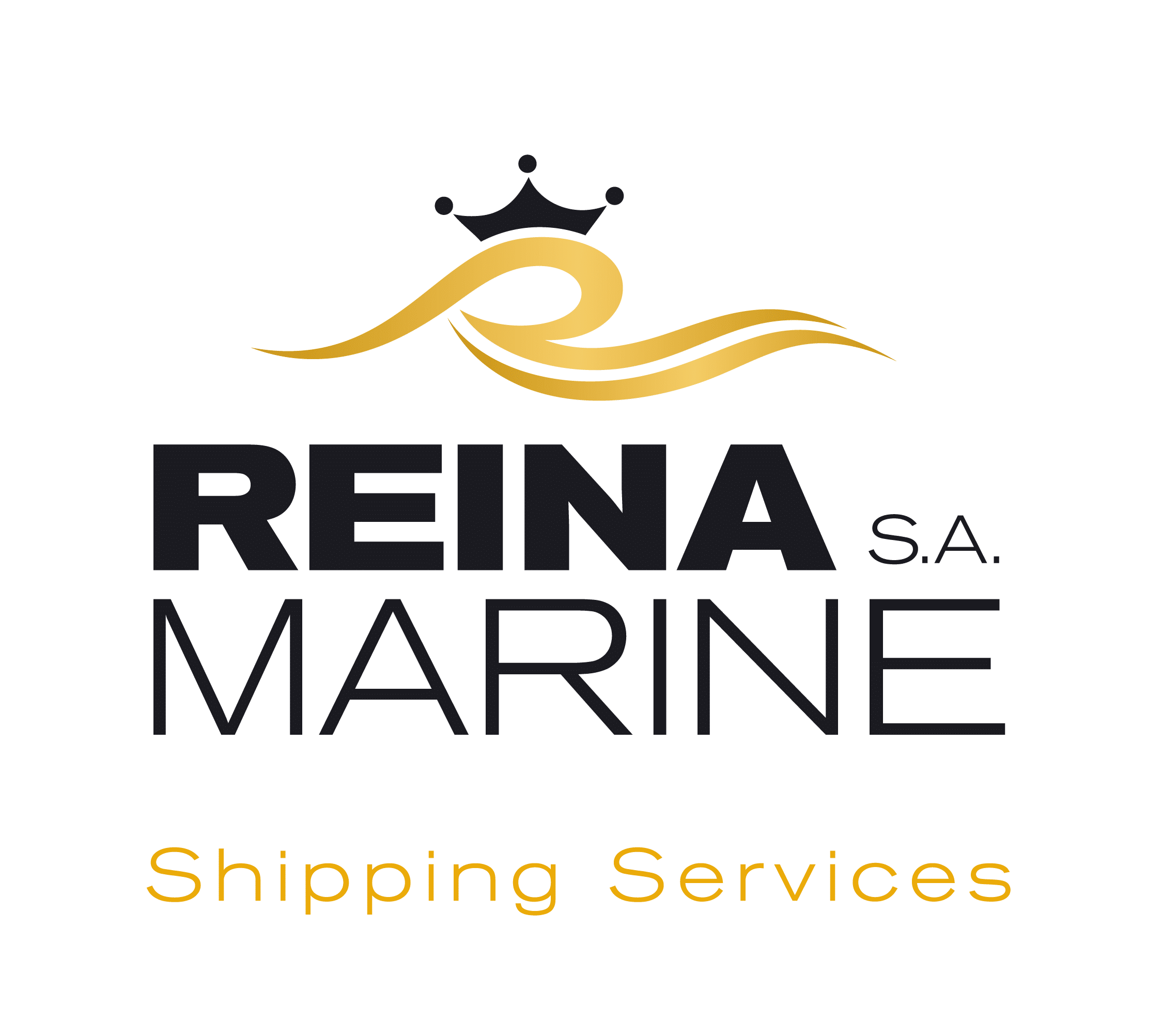
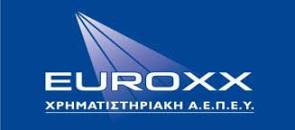




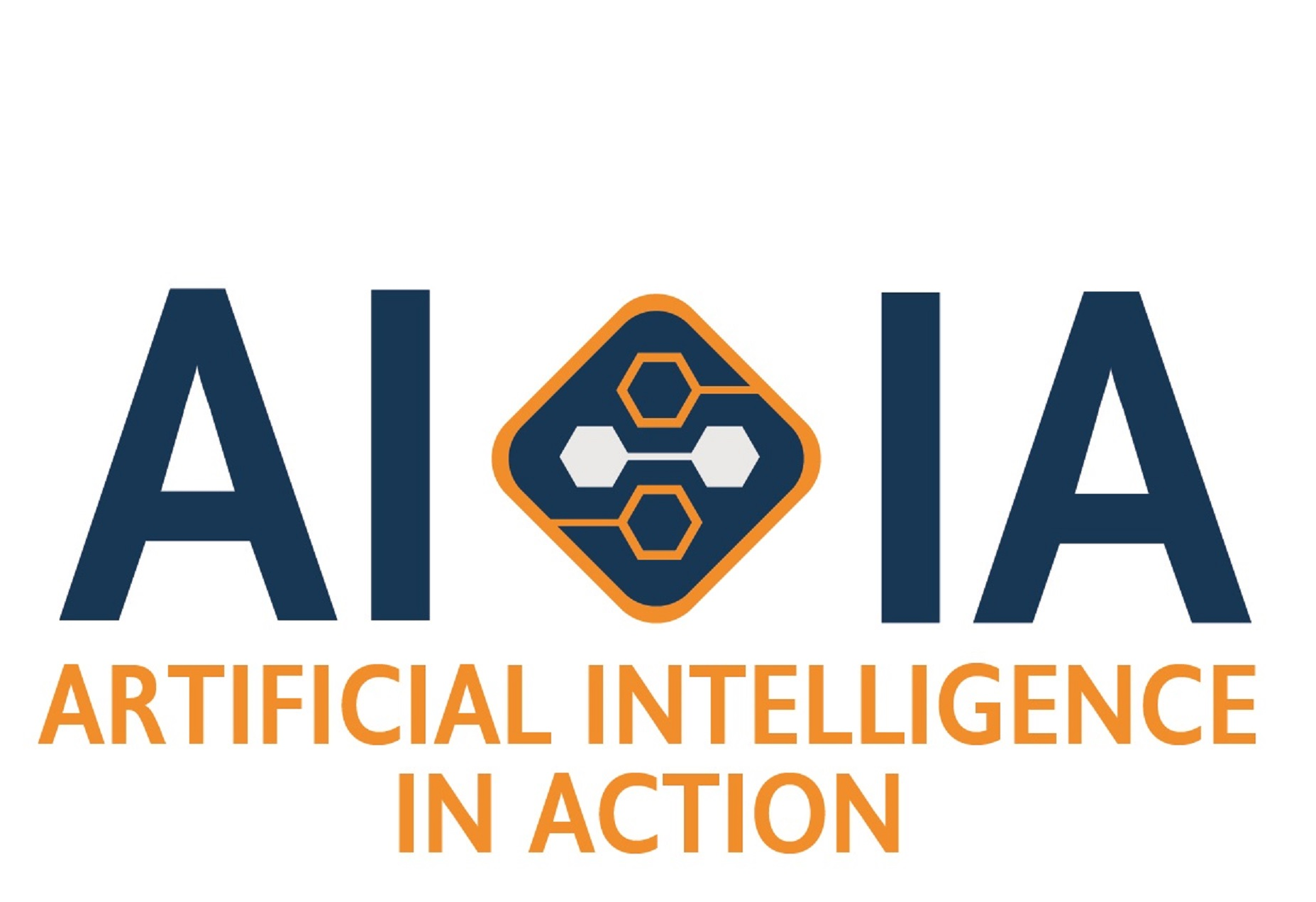

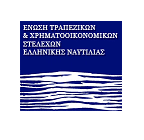
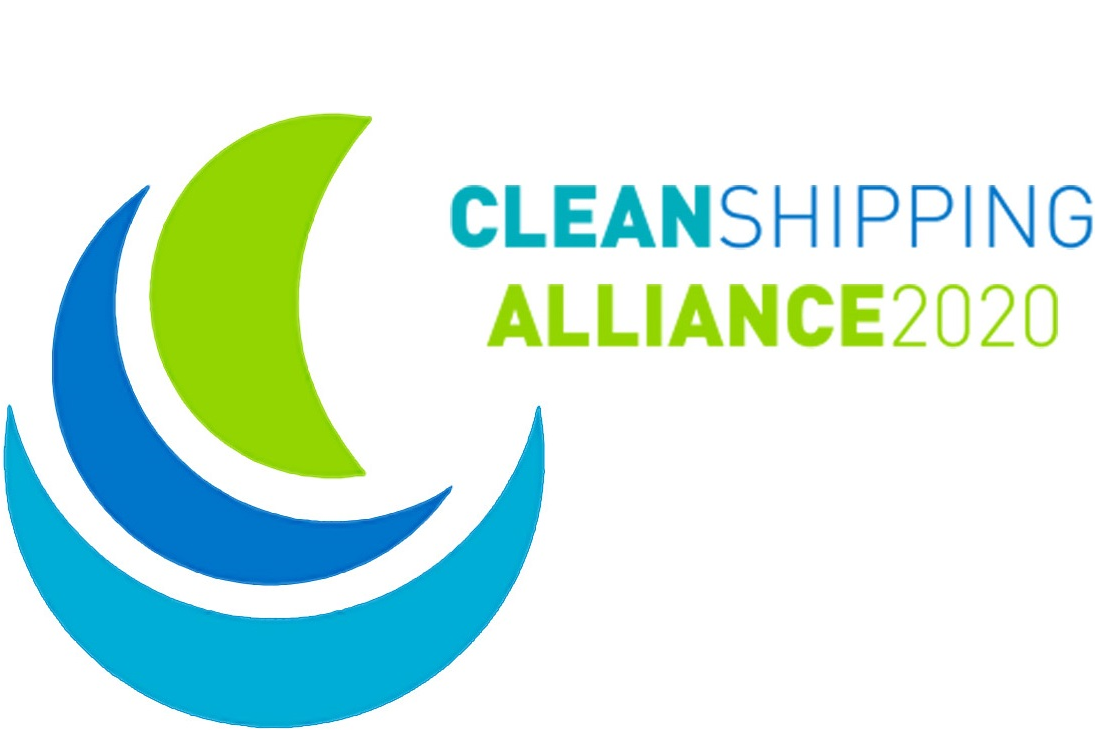
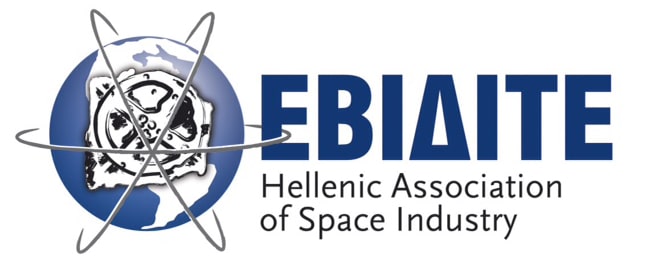
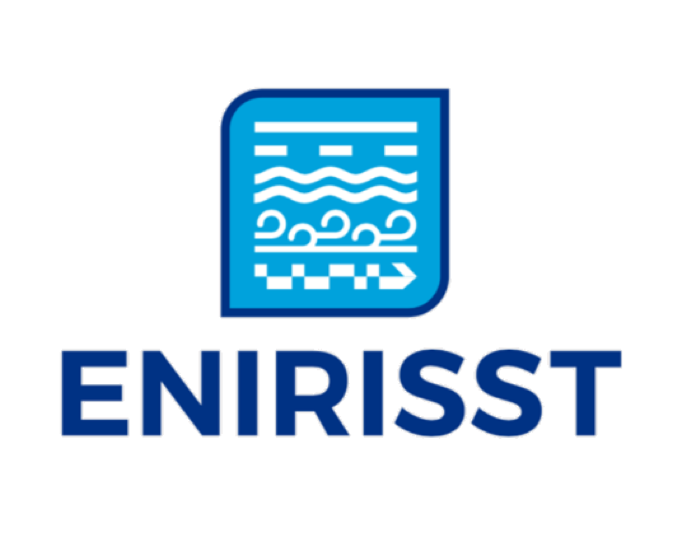
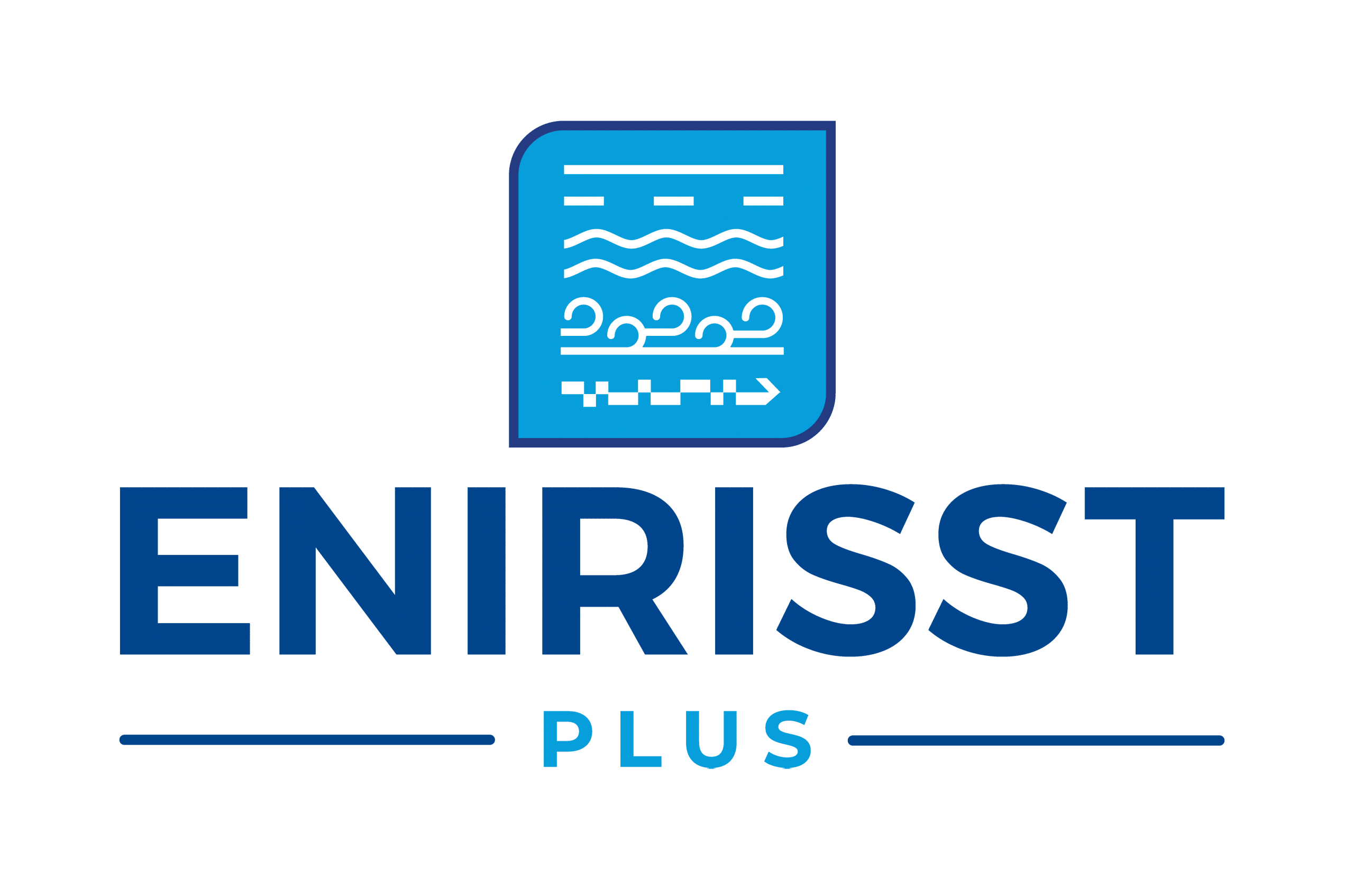
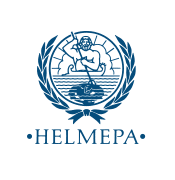
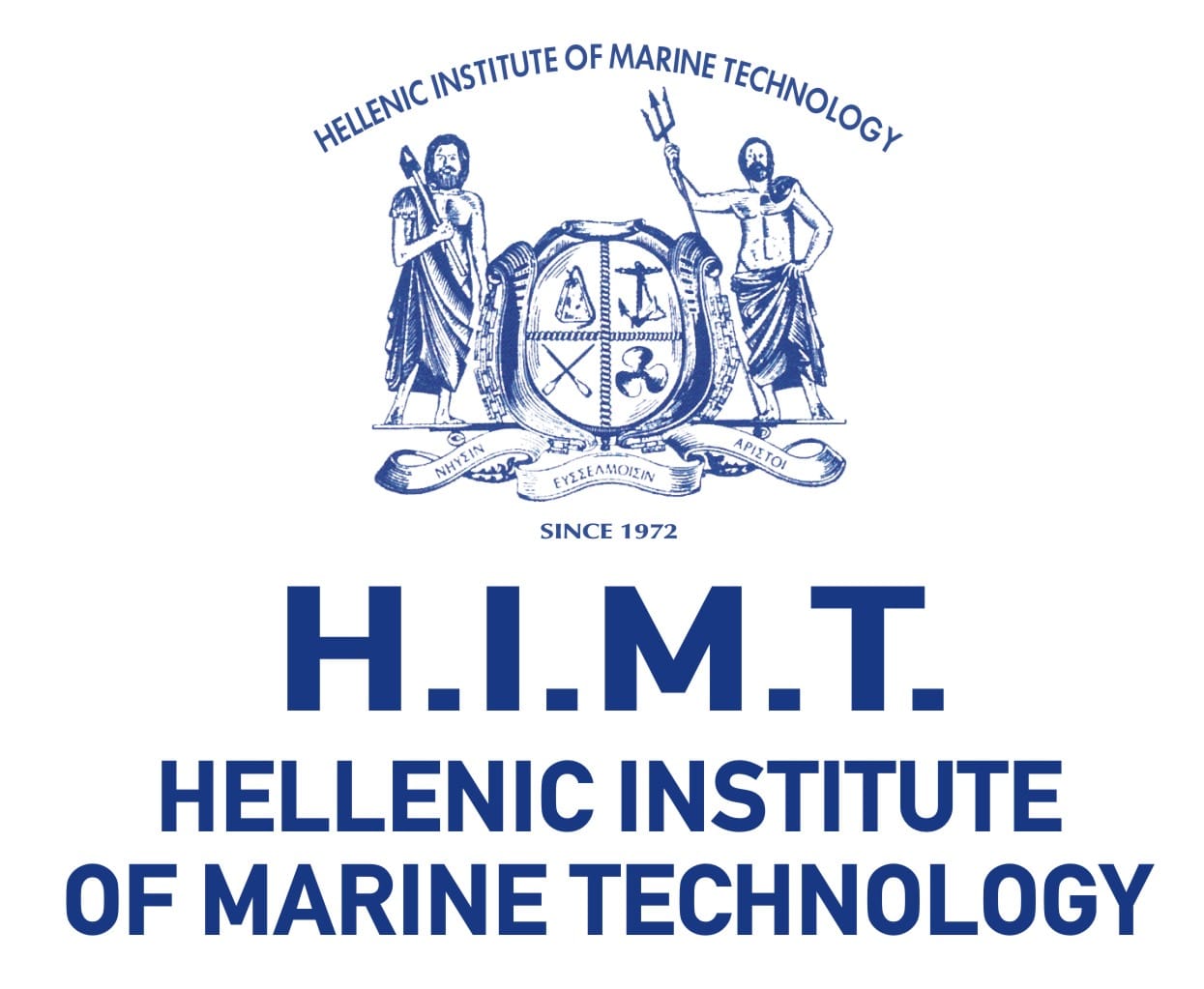
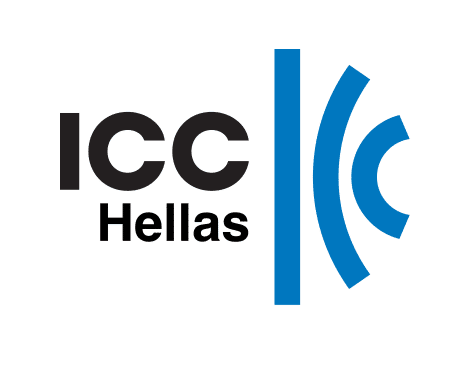
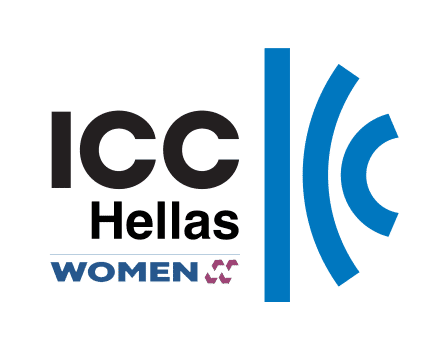

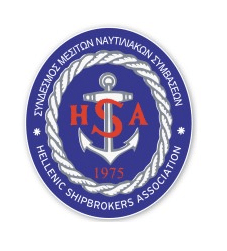
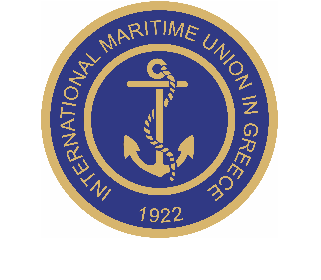


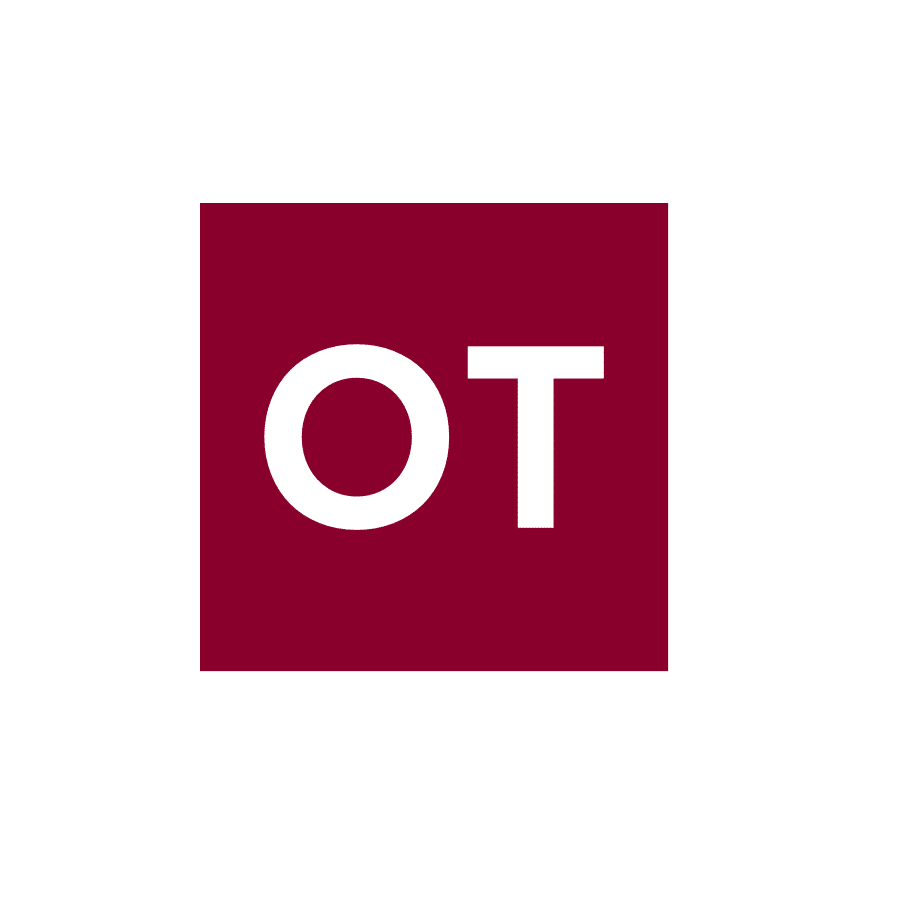
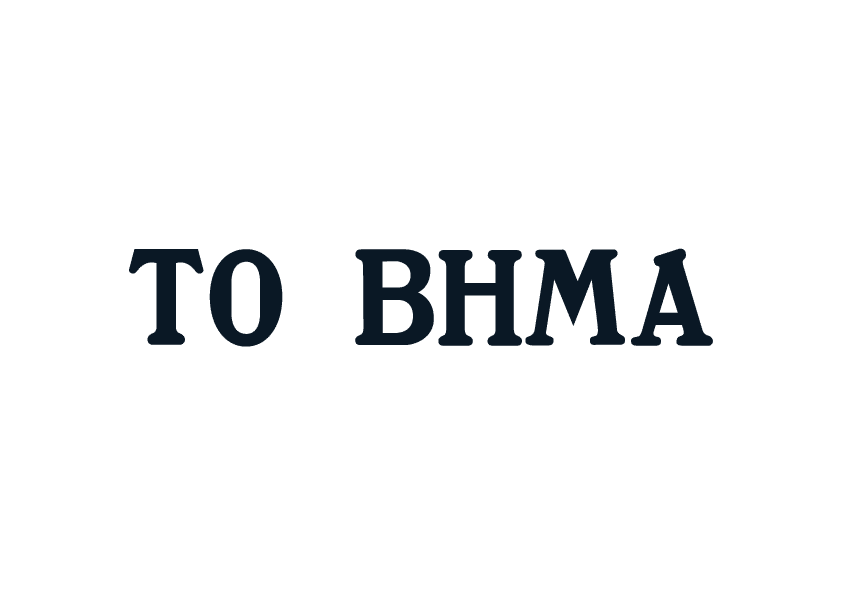
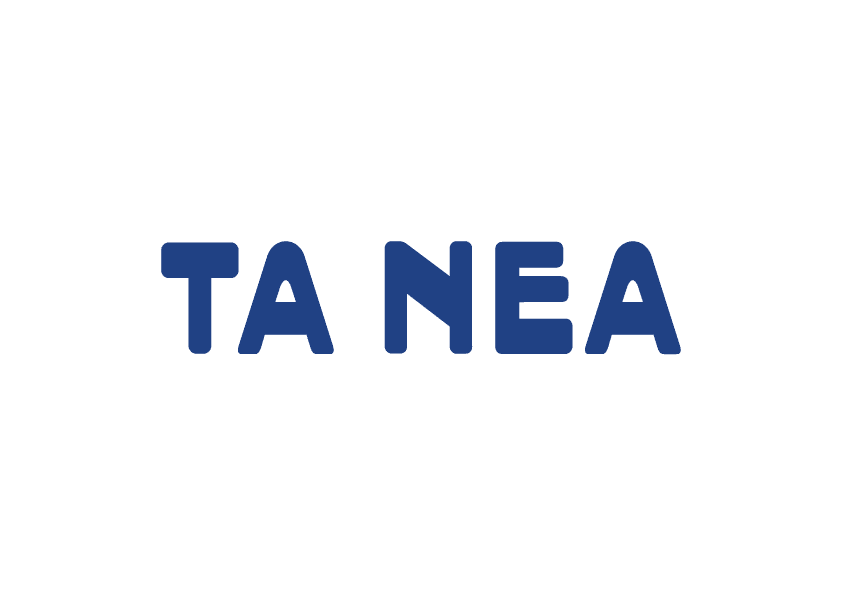

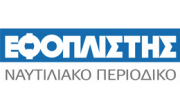
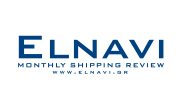
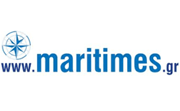
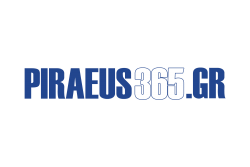
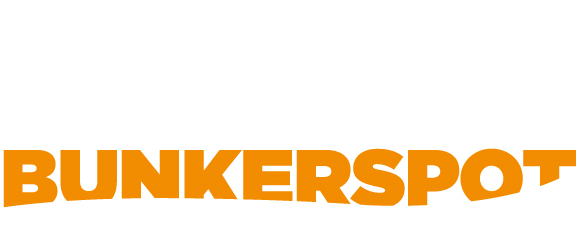
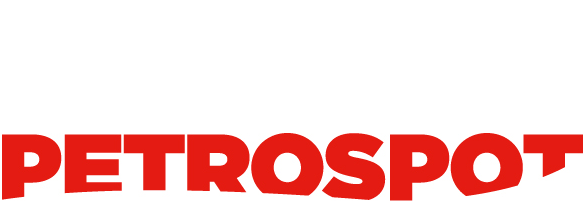
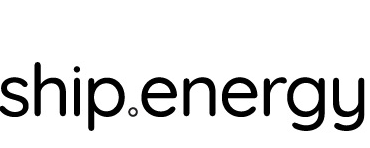
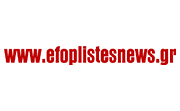
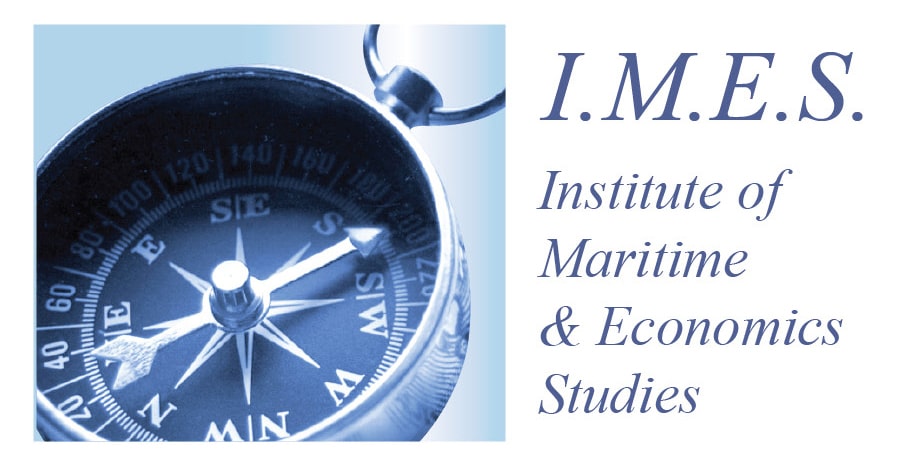

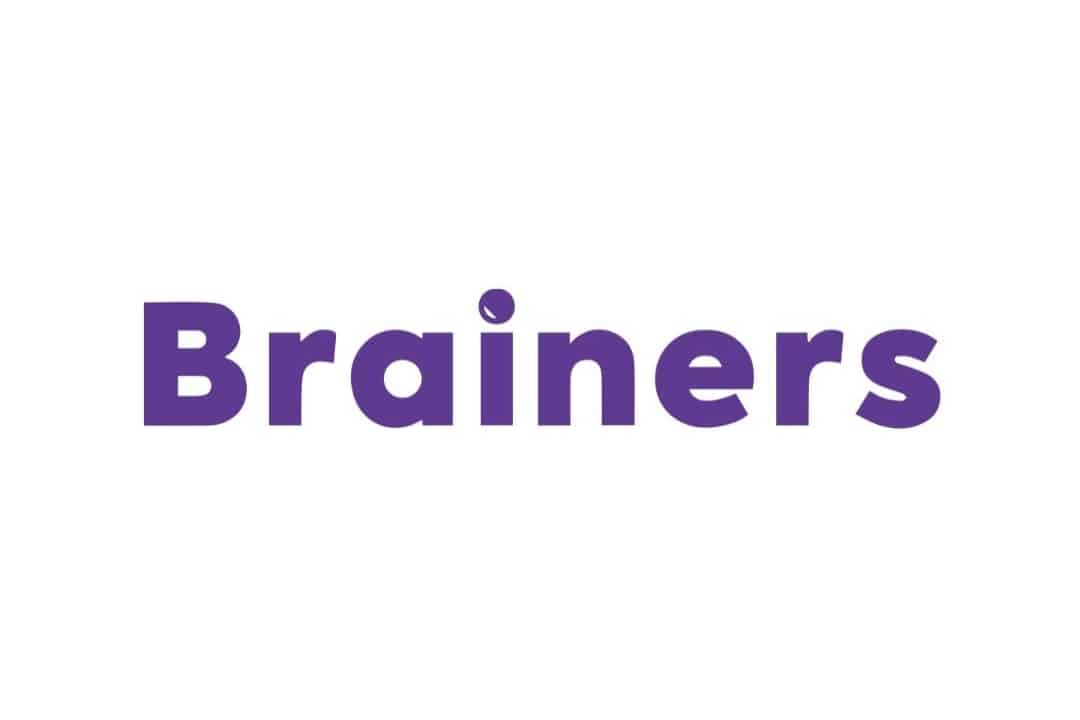

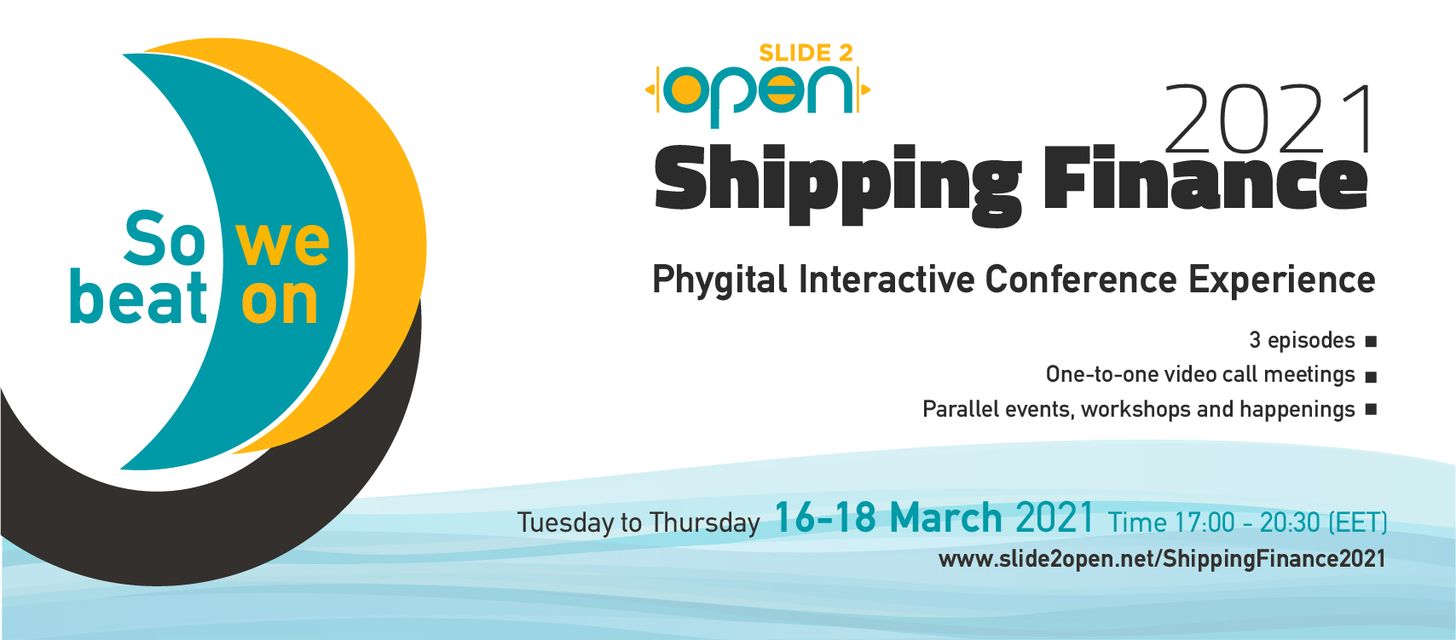 Slide2Open Shipping Finance 2021 Conference
Slide2Open Shipping Finance 2021 Conference
 New Post Event: Global Legal Roundtable on
New Post Event: Global Legal Roundtable on